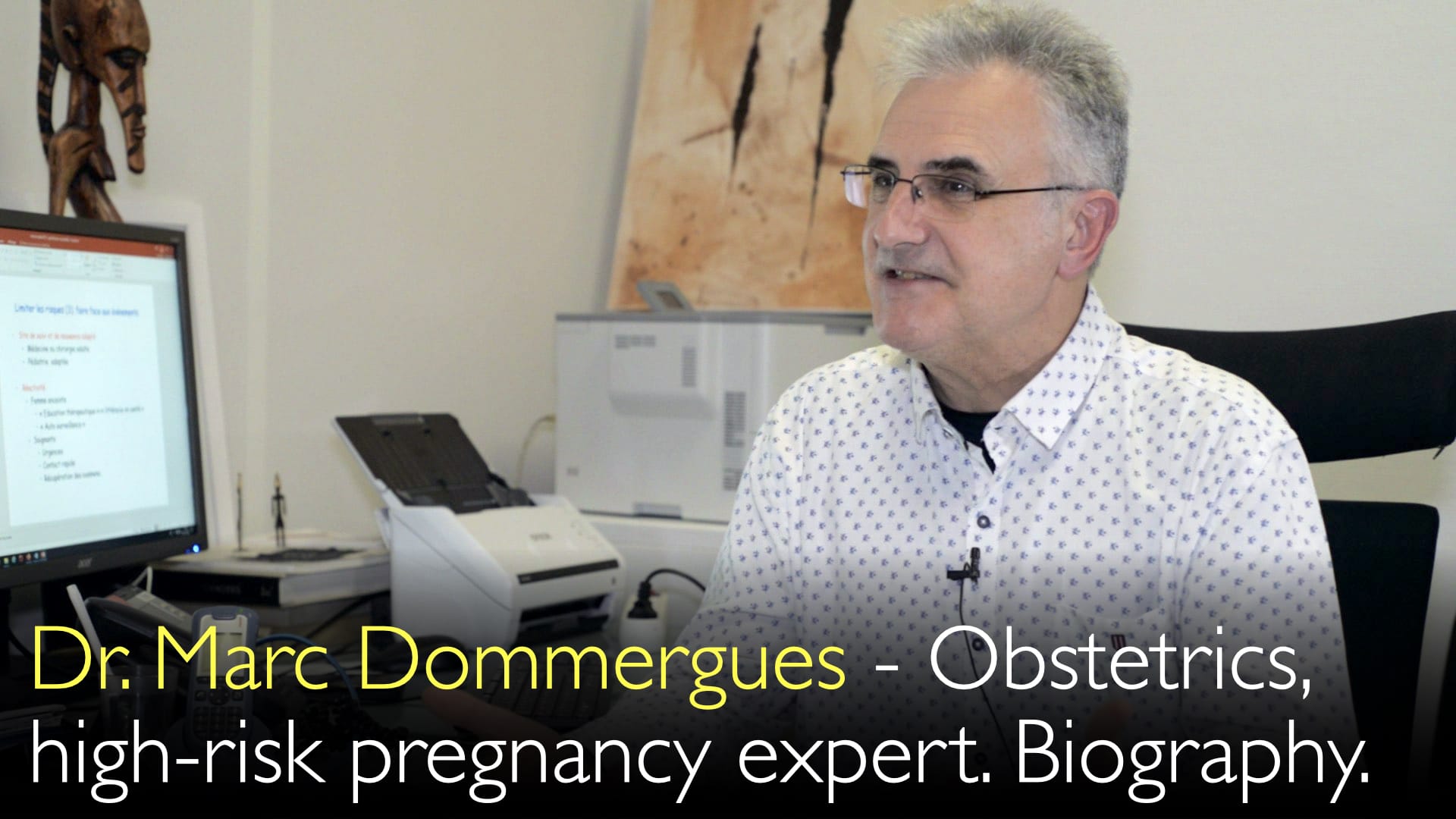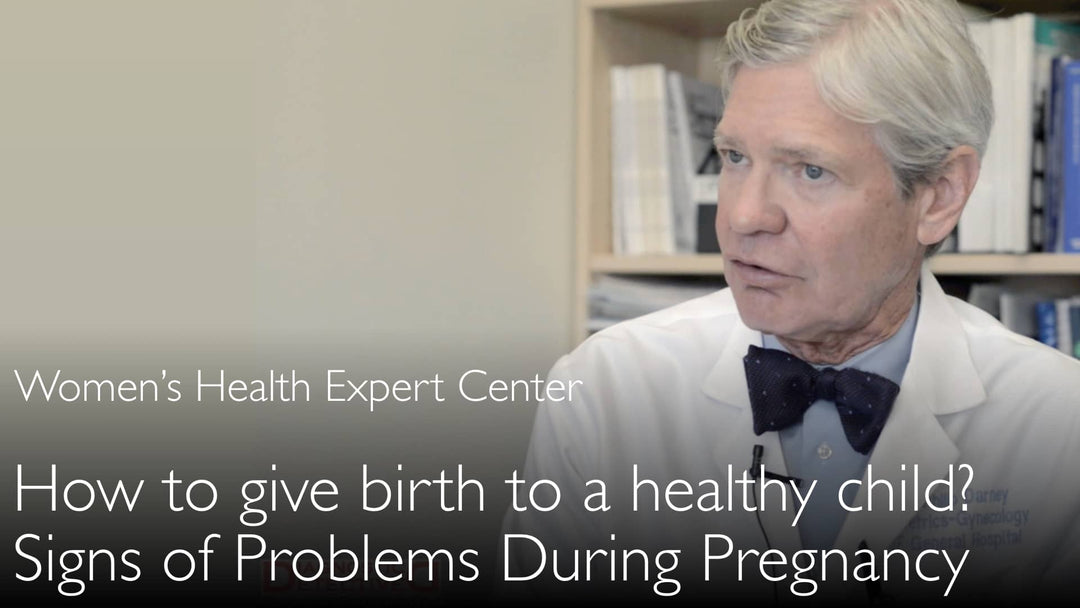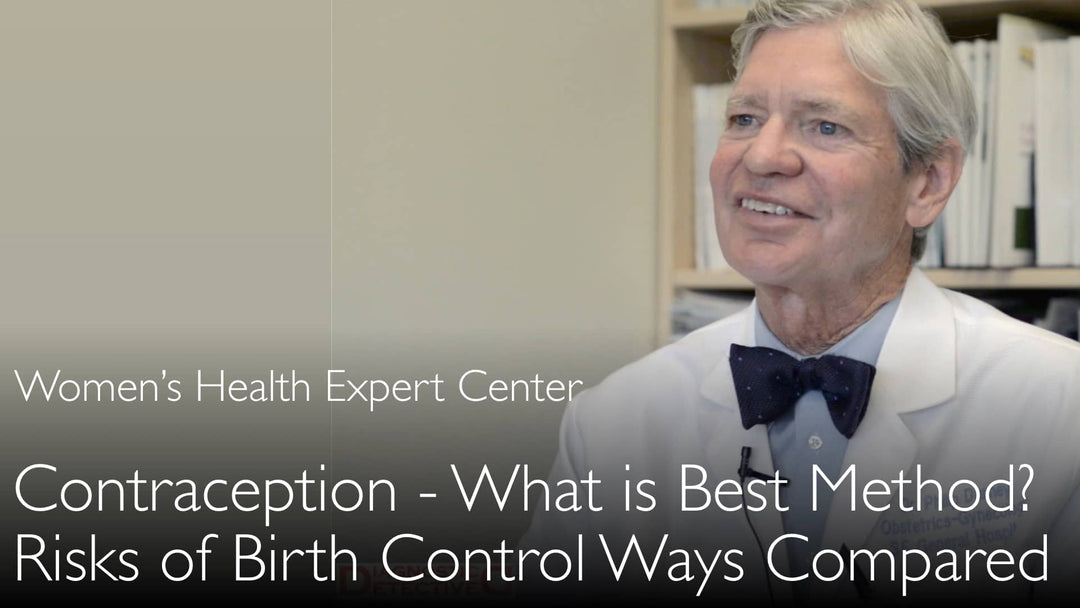Especialista de referência em gestação de alto risco e tratamento de doenças crônicas, o Dr. Marc Dommergues, MD, explica como a gravidez afeta diagnósticos maternos como insuficiência renal, diabetes e doenças autoimunes. Ele detalha a importância fundamental do aconselhamento pré-concepcional, estratégias para redução de riscos e a assistência multidisciplinar coordenada, visando os melhores desfechos possíveis para mãe e bebê.
Tratamento de Doença Crônica e Gravidez de Alto Risco: Um Guia sobre Riscos e Preparação
Navegar para a Seção
- Impacto da Gravidez na Doença Crônica
- Complicações Agudas Durante a Gravidez
- Agravamento da Doença a Longo Prazo
- Preparação Pré-Gestacional e Redução de Riscos
- Aconselhamento Genético e Opções Diagnósticas
- Conduta Multidisciplinar no Cuidado da Gestação
Impacto da Gravidez na Doença Crônica
A gravidez altera significativamente a fisiologia da mulher, o que pode ter efeitos profundos em condições médicas crônicas preexistentes. Como explica o Dr. Marc Dommergues, parte central do aconselhamento pré-gestacional envolve discutir o impacto específico da gravidez na doença da mulher. Essa conversa é crucial para o planejamento familiar informado, especialmente para mulheres que lidam com condições como doenças autoimunes, diabetes ou insuficiência renal. Compreender essas possíveis mudanças permite que pacientes e suas equipes de saúde se preparem adequadamente e mitiguem os riscos.
Complicações Agudas Durante a Gravidez
Certas doenças crônicas podem levar a complicações agudas graves desencadeadas pelas demandas da gravidez. O Dr. Marc Dommergues destaca vários exemplos críticos. Para uma mulher com insuficiência cardíaca preexistente, o aumento significativo do volume sanguíneo durante a gestação pode precipitar um episódio de insuficiência cardíaca aguda. Da mesma forma, um histórico de trombose venosa aumenta dramaticamente o risco de embolia pulmonar aguda com risco de vida. Condições como diabetes podem se tornar extremamente difíceis de controlar, levando a flutuações perigosas na glicemia. Esses eventos agudos exigem atenção médica imediata e ressaltam a necessidade de cuidados pré-natais especializados.
Agravamento da Doença a Longo Prazo
Além dos riscos agudos imediatos, a gravidez também pode acelerar a progressão de uma doença crônica, levando a consequências de saúde a longo prazo. O Dr. Marc Dommergues aponta a insuficiência renal crônica como um exemplo primordial. O estresse da gravidez sobre os rins pode diminuir seu tempo de sobrevida, potencialmente necessitando de um transplante renal mais cedo do que o planejado. Para pacientes diabéticas, as complicações oculares crônicas (retinopatia diabética) podem se tornar mais graves a longo prazo devido às alterações fisiológicas da gestação. Embora esses efeitos possam não ser imediatamente aparentes, eles são uma parte vital da discussão de risco-benefício.
Preparação Pré-Gestacional e Redução de Riscos
A estratégia mais eficaz para uma gravidez mais segura com uma doença crônica é a preparação pré-gestacional meticulosa. O Dr. Marc Dommergues enfatiza que o primeiro passo é otimizar a saúde *antes* da concepção. Isso envolve um esforço colaborativo com os médicos que tratam a condição crônica. Para o diabetes, isso significa alcançar um controle glicêmico rigoroso e tratar quaisquer complicações existentes, como retinopatia, previamente. Para mulheres com HIV, a carga viral deve ser suprimida usando terapia antirretroviral compatível com a gravidez. Para doenças autoimunes como lúpus, o objetivo é entrar na gestação quando a doença estiver em um estado silencioso e inativo para minimizar surtos.
Aconselhamento Genético e Opções Diagnósticas
Um componente essencial do planejamento pré-gestacional para muitas condições crônicas é o aconselhamento genético. O Dr. Marc Dommergues observa que esse processo ajuda os casais a entenderem seus riscos específicos de transmitir uma condição à prole. Com base nessa avaliação, as famílias podem explorar suas opções. Isso pode incluir decidir se buscam o diagnóstico pré-natal por meio de procedimentos como biópsia de vilo corial (BVC) ou amniocentese. Para algumas condições hereditárias, o diagnóstico genético pré-implantacional (DGPI) pode ser uma opção, onde os embriões são rastreados antes de serem implantados via fertilização in vitro (FIV).
Conduta Multidisciplinar no Cuidado da Gestação
O manejo bem-sucedido de uma gravidez de alto risco depende de um cuidado multidisciplinar coordenado e integrado. Como explica o Dr. Marc Dommergues, a equipe obstétrica deve estar familiarizada com a doença específica da paciente, e o especialista da doença deve estar engajado e responsivo durante toda a gestação. Ele ilustra isso com o exemplo da epilepsia; um obstetra deve entender seus sintomas para ganhar a confiança da paciente, enquanto um neurologista deve oferecer consultas oportunas em vez de um retorno em dois anos. A gravidez é um processo curto e dinâmico que exige respostas rápidas e colaboração próxima entre todos os especialistas envolvidos no cuidado da paciente, um ponto que a discussão do Dr. Anton Titov com o Dr. Marc Dommergues reforça.
Transcrição Completa
Dr. Marc Dommergues: A segunda parte da discussão que temos com mulheres que planejam a gravidez é o impacto da gestação na doença. Pode ter um impacto agudo. Por exemplo, se você tem insuficiência cardíaca, o volume sanguíneo aumentará durante a gravidez. Isso pode causar insuficiência cardíaca aguda.
Se você teve um histórico de trombose venosa, pode ter uma embolia pulmonar aguda durante a gestação. Essa é uma complicação muito aguda. Se você tem diabetes, pode ser difícil equilibrar devido à gravidez, etc.
Dr. Anton Titov: Então, esses são os eventos agudos que precisam ser discutidos, é claro, de acordo com cada doença.
Dr. Marc Dommergues: A gravidez pode agravar a doença. Por exemplo, se você tem insuficiência renal crônica substancial, é provável que a gravidez diminua o tempo de sobrevida do seu rim. Por causa disso, você pode ser transplantada mais cedo.
Ou se você tem complicação ocular crônica do diabetes, a gravidez pode torná-la mais grave a longo prazo. Mas geralmente, não é a curto prazo.
Dr. Anton Titov: Então, essa foi a primeira parte de uma clínica pré-gestacional—informação.
Dr. Marc Dommergues: Então, a segunda parte será: como podemos diminuir esses riscos que discutimos? Uma vez que divulgamos todos esses riscos e possíveis complicações da gravidez, a questão é como vamos manejar todos os riscos de saúde durante a gestação.
O primeiro passo é a preparação para a gravidez. Por exemplo, se você tem diabetes, é muito importante que as complicações crônicas sejam tratadas previamente, como complicações oculares. É muito importante que sua glicemia esteja perfeitamente controlada quando você for engravidar.
Se você tem HIV, é muito importante que você possa suprimir a presença do HIV no seu sangue previamente com medicamentos compatíveis com a gravidez. Se você tem uma doença imunológica, como lúpus eritematoso, é melhor que a doença esteja silenciosa antes de iniciar a gestação.
Tudo isso os médicos que cuidam da doença crônica podem resolver antes da gravidez. Depois, há a questão do aconselhamento genético. Devemos realizar diagnóstico pré-natal ou não? Devemos realizar um diagnóstico pré-implantacional? Essas são questões importantes.
Depois vem a questão de como conduzir a gravidez em si, dependendo do tipo de doença que a mulher tem. Seja uma doença rara ou uma doença mais comum, acho importante que a equipe obstétrica esteja familiarizada com essa doença, e que o especialista responsável pela doença, a longo prazo, esteja familiarizado com a gravidez de uma paciente.
Só para simplificar as coisas, se você discute com uma paciente que tem epilepsia e está grávida, se você, como obstetra, não for capaz de entender os sintomas da epilepsia, a paciente não confiará em você. Por outro lado, se um neurologista disser que "minha próxima consulta será em dois anos", será um problema durante a gravidez, porque a gestação é algo relativamente curto.
Precisamos de respostas rápidas para nossas perguntas sobre epilepsia durante a gravidez.








